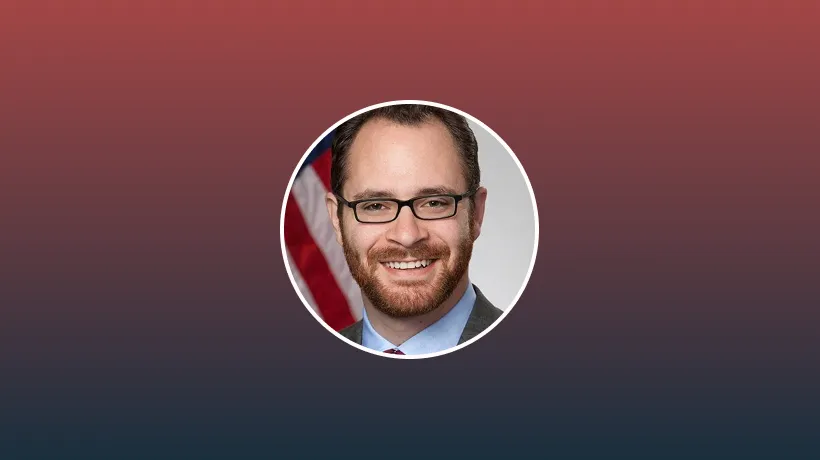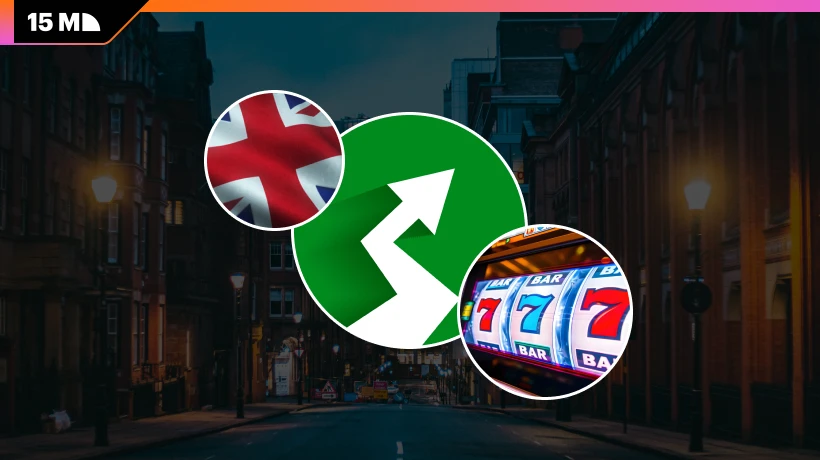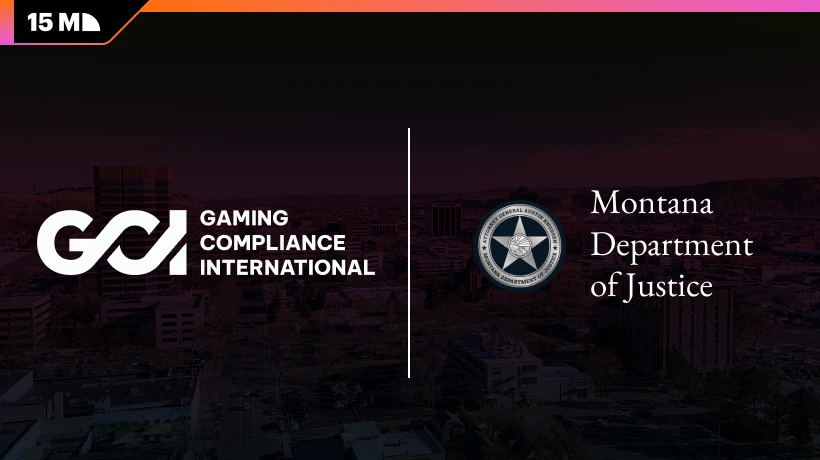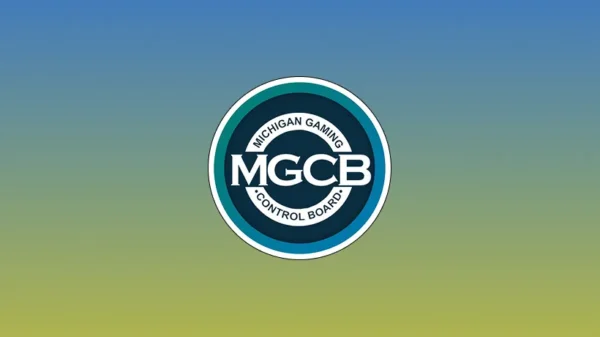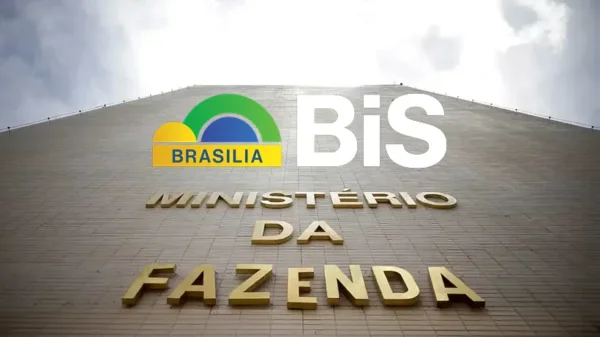Illinois House Gaming Committee Chair Daniel Didech led several state representatives in sending a letter to Chicago’s City Council. They’re asking the council to reject Mayor Brandon Johnson’s proposal for a new sports betting tax. The representatives made it clear they weren’t consulted before the mayor announced this plan.
Mayor Johnson needs to close a $1.15 billion budget gap by December 31. He wants to do it without raising property taxes.
Why State Lawmakers Call This ‘Deeply Problematic’
Illinois already hit operators with two consecutive tax increases. The state moved from a flat 15% rate to tiered rates reaching 40%. Then they added per-wager fees.
“Illinois now has one of the highest sports-betting tax burdens in the nation,” Didech wrote in the letter.
The new 10.25% Chicago tax would stack on top of existing state taxes. But the real worry runs deeper. Illinois has over 200 municipalities with home-rule authority. If Chicago gets away with this, other cities might follow suit.
Didech warned this creates a “fragmented and unstable framework.” It could spread beyond gaming into other state-regulated industries.
What’s Already Happened to Illinois Betting
House Bill 1928 took effect in June 2025. It charges operators $0.25 per wager on the first 20 million bets. After that, it jumps to $0.50 per bet.
Operators responded fast. DraftKings, FanDuel, Fanatics and Caesars added transaction fees for users. ESPN Bet, Circa Sports and BetMGM went a different route. They set minimum wager requirements instead.
The mayor’s proposal targets revenue from bets placed inside Chicago’s city limits. Johnson’s office claims regulating sports betting operators falls under “exclusive powers and functions” of the state. But they’re pushing ahead anyway.
How This Plays Out Next
Chicago City Council needs 26 votes out of 50 to pass the tax. The debate’s coming soon. State legislators made clear they oppose it, even those representing Chicago districts.
The letter stressed one key point: Springfield got no advance warning. “The City advanced this proposal without meaningful consultation or early dialogue,” Didech wrote. That left state lawmakers scrambling to respond.
If the council approves it, legal challenges seem likely. The state’s already claimed exclusive authority over sports betting regulation. This sets up a messy fight between city and state power.
Meanwhile, operators watch nervously. They’ve already adjusted to higher state taxes and per-wager fees. Another layer could push some to reconsider their Illinois operations entirely.
